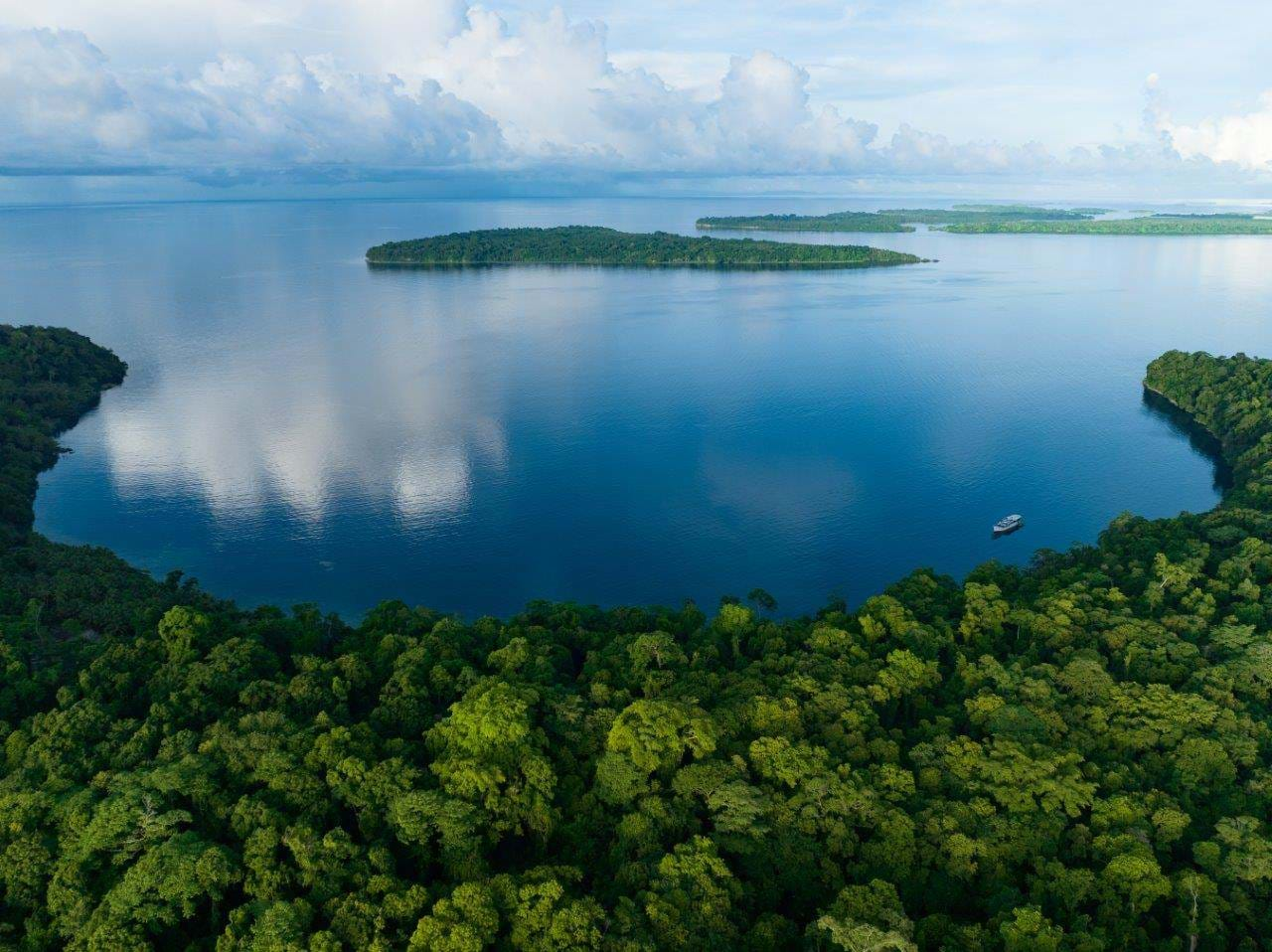FoVEP
The Forest Value Enhancement Project
The Forest Value Enhancement Project (FoVEP)
Solomon Islands, an archipelago of 997 islands in Oceania, is a small, remote island economy that faces substantial development challenges. Logging accounts for more than half of the country’s exports and directly provides more than 20 percent of the government’s tax revenue; however, decades of unsustainable logging production have left forests over-harvested, resulting in environmental damage that incurs significant costs to the country. Without developing alternative forest management strategies, forests will no longer be the important economic and environmental resource that they are today.
This project seeks to provide communities with economically viable alternatives to logging, which historically has been unsustainable. This project aims to generate more reliable, sustainable benefits from the country’s natural forest resources by (1) reducing negative environmental impacts, (2) increasing revenues from forestry production while promoting more equitable revenue disbursement to local communities, and (3) attaining a regulatory and enforcement framework that more evenly balances utilizing forests for both logging and non-logging purposes.
The project includes the expansion of an economically viable Payment for Ecosystem Services (PES) program to generate environmental, economic, and social benefits through PES accreditation and eventual carbon credit payments in participating communities. It also seeks to promote regulatory and enforcement reforms in the forest industry by strengthening problem solving capacity using a facilitated governance system in participating jurisdictions and, to the extent possible, within the national regulatory framework.

